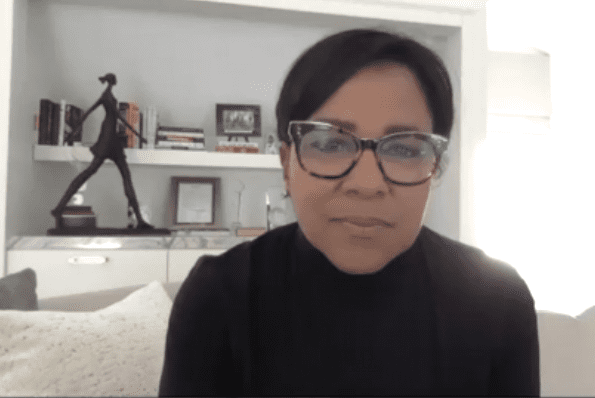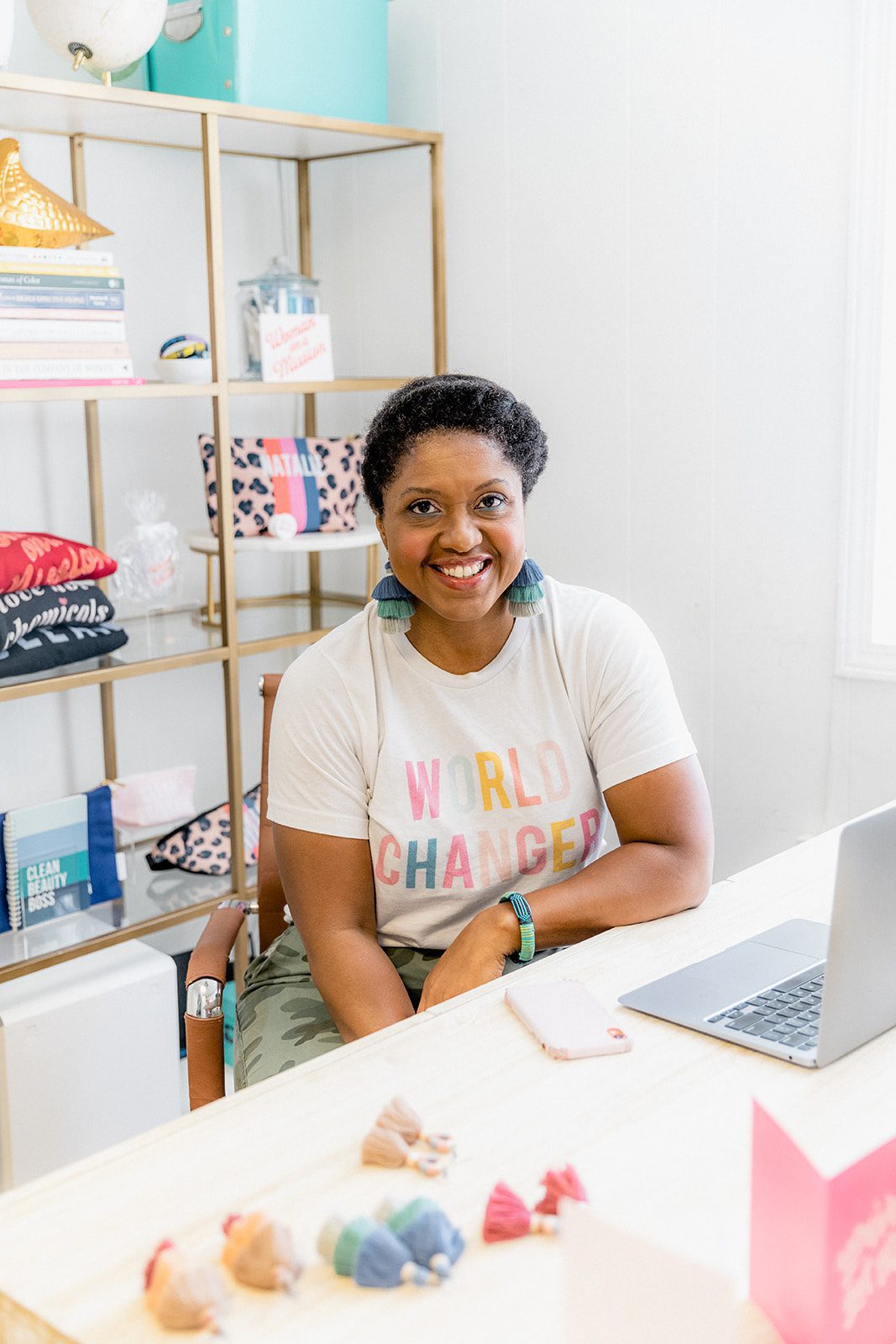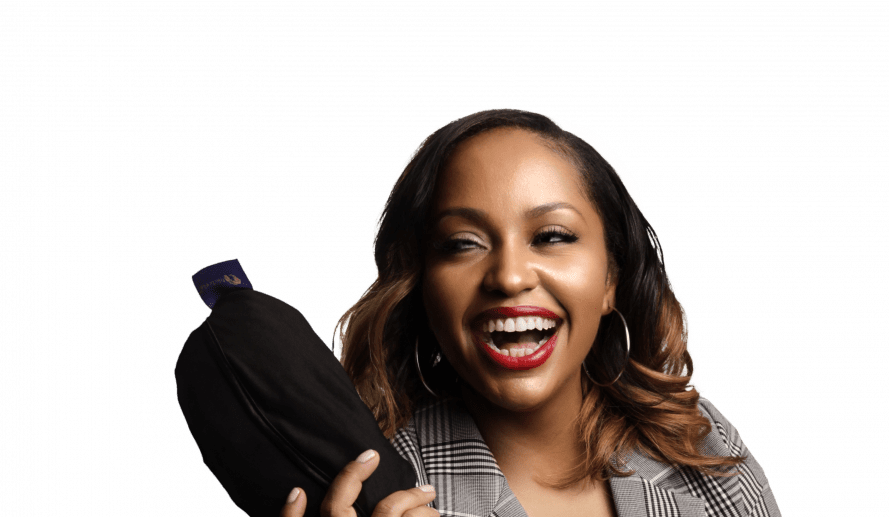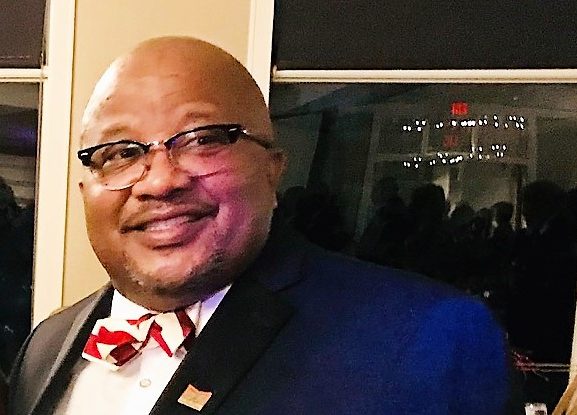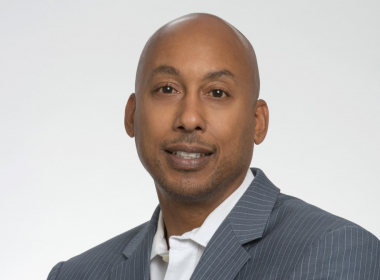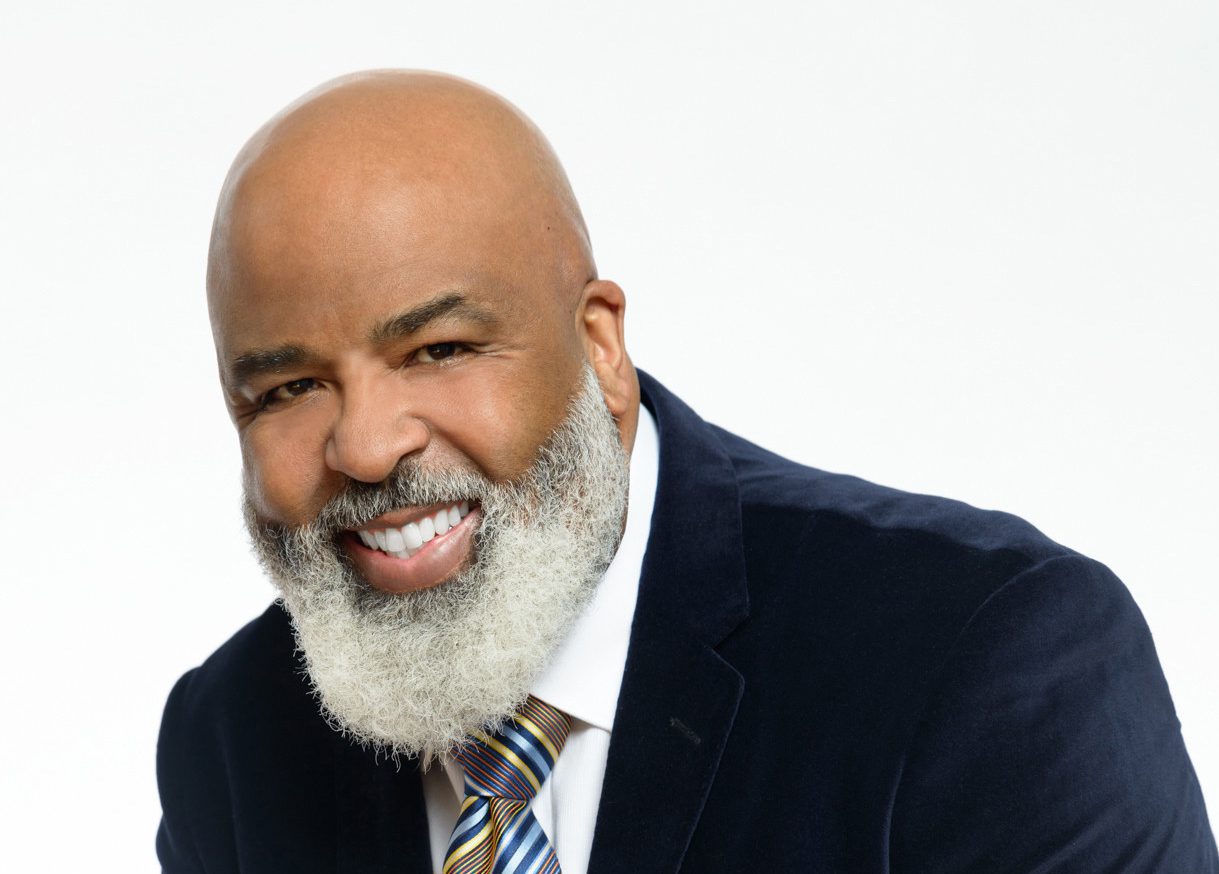 Social Media & IT Entrepreneur, Philanthropist, Cultural Pundit and Global Citizen, Dadisi J. Olutosin, slowed his roll long enough for us to grab an espresso and ponder diversity in the IT industry. It was an eye-opening conversation that required a second espresso.
Social Media & IT Entrepreneur, Philanthropist, Cultural Pundit and Global Citizen, Dadisi J. Olutosin, slowed his roll long enough for us to grab an espresso and ponder diversity in the IT industry. It was an eye-opening conversation that required a second espresso.
There is actually a lot of diversity in the IT economy. Look at it from the perspective of people who innovate, create, and distribute technology versus people who use them. If you look at it in the context of technology, people of color are definitely consumers of technology. But, by and large, we are not creators of technology.
Let’s look at Dr. Dre with this Beats Technology. I refer to him as the new Ray Dolby, creator of the DSS Dolby Sound System and in every country on earth he is getting paid perpetually. Dr. Dre just closed a $300 million dollar deal with Beats Audio. He, too, will be perpetually paid.
African Americans have to get out of this mindset that we have to be consumers. Trading up cell phones at every contract renewal or buying the new most popular app is straight consumerism and does nothing to promote diversity in the industry. Recently two young ladies from Spelman College won an AT&T competition for creating an app. Few knew, though, because there was very little media coverage or recognition in the Black community. I’m a Morehouse man, so I emphatically state this: why did this not spawn a consortium with Morehouse, Spelman, and Clark-Atlanta University where students create apps? A technology lab, of sorts. Here we were innovating and creating and no one bothered to move the ball down the field.
I can’t really say that the study of math and science not being priority in the Black community is the reason, either. Business ownership takes business skills. Accounting, finance, marketing and more. IT creators tend to not have those skills. They are similar to artists who use acrylics, chalk or photography, but their art is writing code. Once they create a code that does something unique, it’s time for recognition and feedback; their version of a gallery showing. What they need are business-people to help them take the code-created product to the next level because they don’t have the background, charisma, or know how to launch and sustain a product.
You hear a lot about geeks these days. They’re the new rock stars. But who are the black geeks? Think of one. Many African-Americans can’t. And the hottest one right now is Neil deGrasse Tyson – Director of New York’s Hayden Planetarium, hosts of his own TV show on Nova as well as StarTalk Radio. This guy is brilliant! But, ask the average Black kid who he is and they never heard of him. And, he is not only brilliant in math and science, he is brilliant in societal speak. Listen to him talk about politics and social issues and he uses his brilliance in math and science and applies it in a completely different way! If more of our young people heard about him or really knew who Mae Jamison is – she’s a doctor! – they’d find them both people to emulate.
Before we start looking outwardly for inclusion, we need to do some housekeeping. Honestly, I feel about ‘inclusion’ the same as I feel about trying to make white people feel bad about slavery. (Laughs). Who is talking about inclusion, fairness, victimization? It’s us! We need to have conversations about community issues. Community issues aren’t always about complaining about something. Community issues are also about planning for the future and committing to self-sufficiency.
African Americans don’t need diversity in IT. African Americans need to start doing IT. The African American bourgeois class who claim they have money should start investing in IT incubators. There is value in micro-lending the way Nobel-prize winner Muhammad Yunus does it. No, a million dollars will not be given to a project, but $40,000 might. That amount of money will get you server space, a virtual office, an IT administrator, and marketing materials. We need people who are business-minded to have faith in their own people. We need businesses minded people who have faith in themselves.
I don’t want to be diverse with you. I want to be equal with you when we sit down at the table. Those are two very different things. ~ Dadisi J. Olutosin

